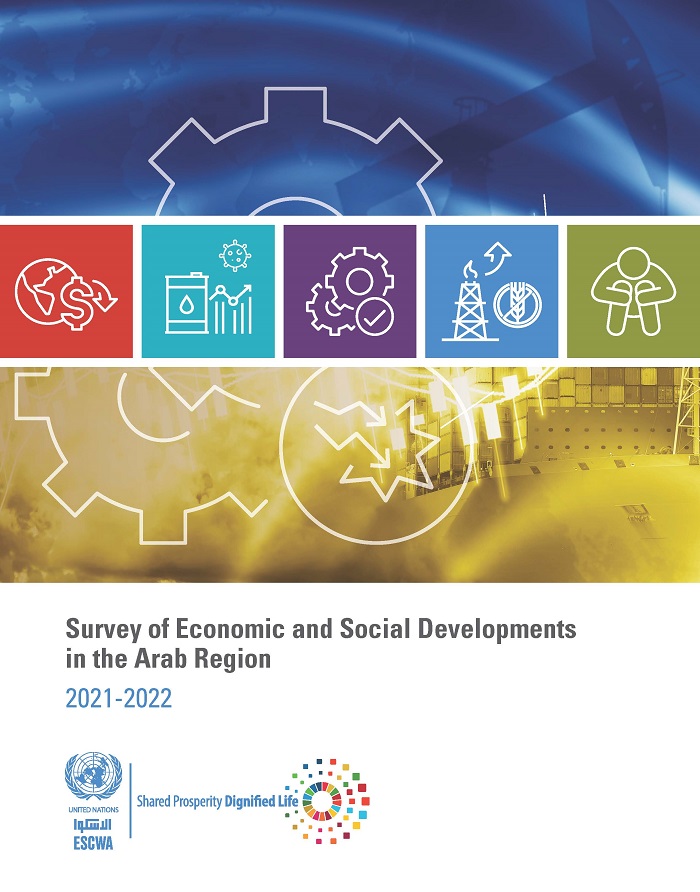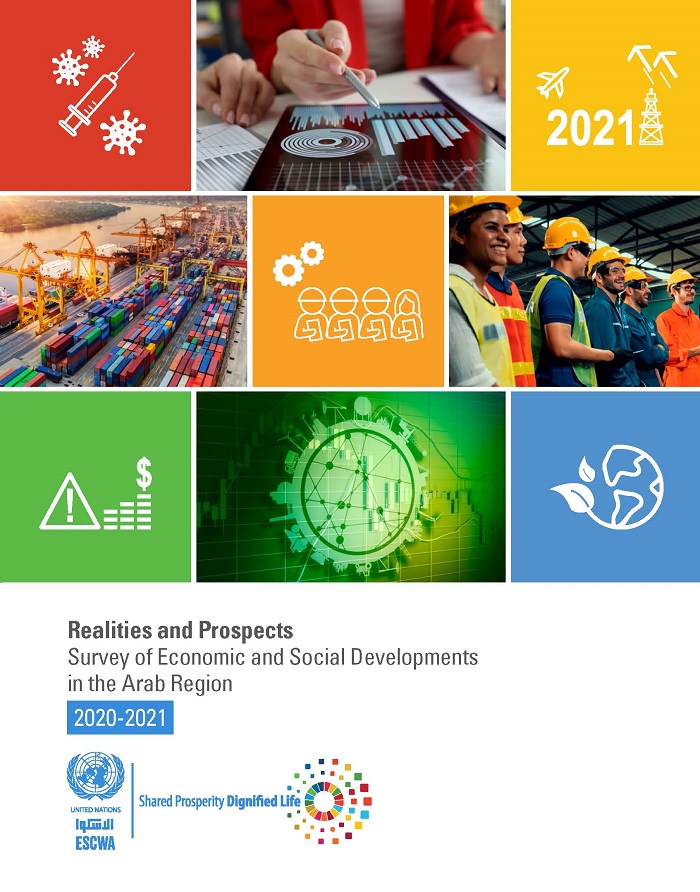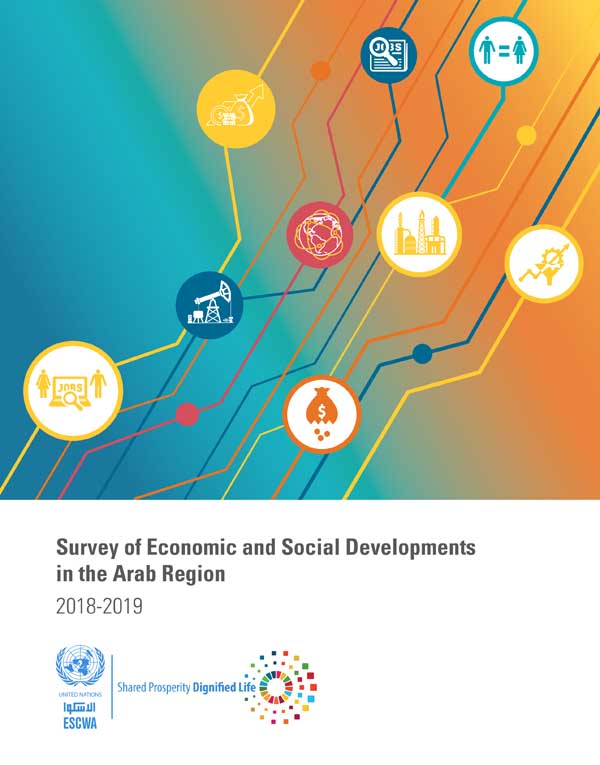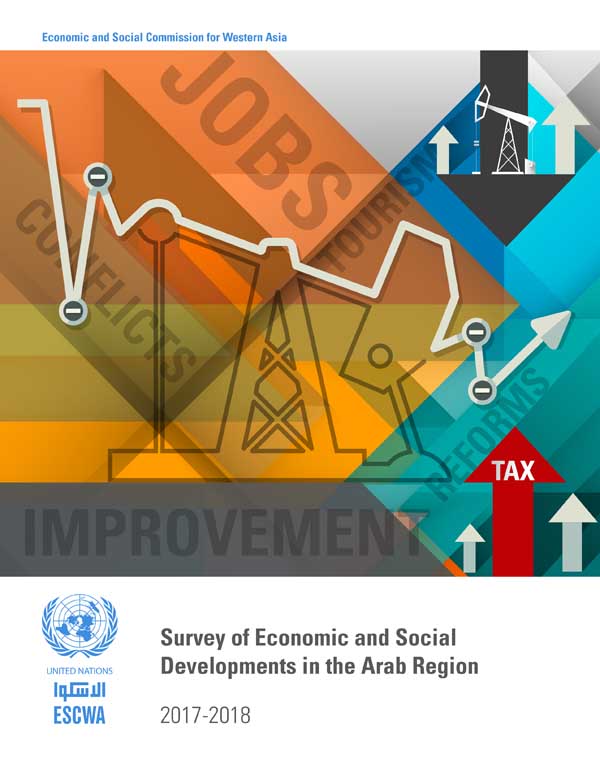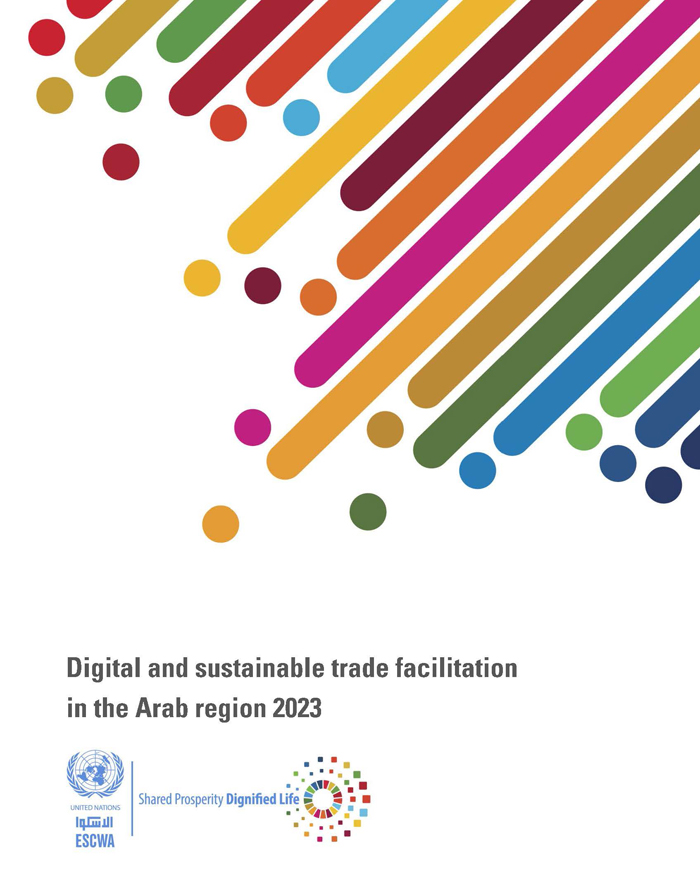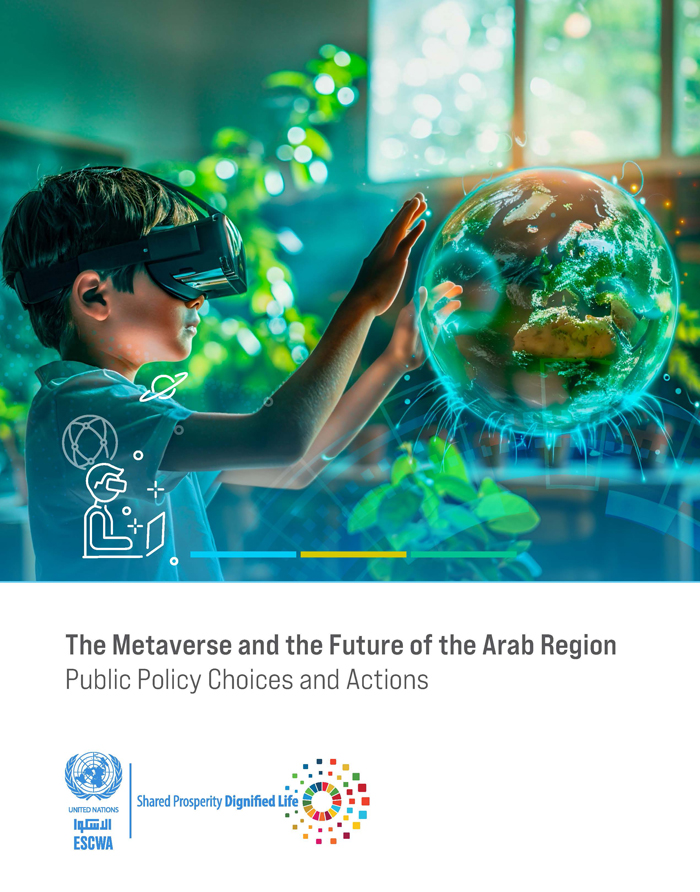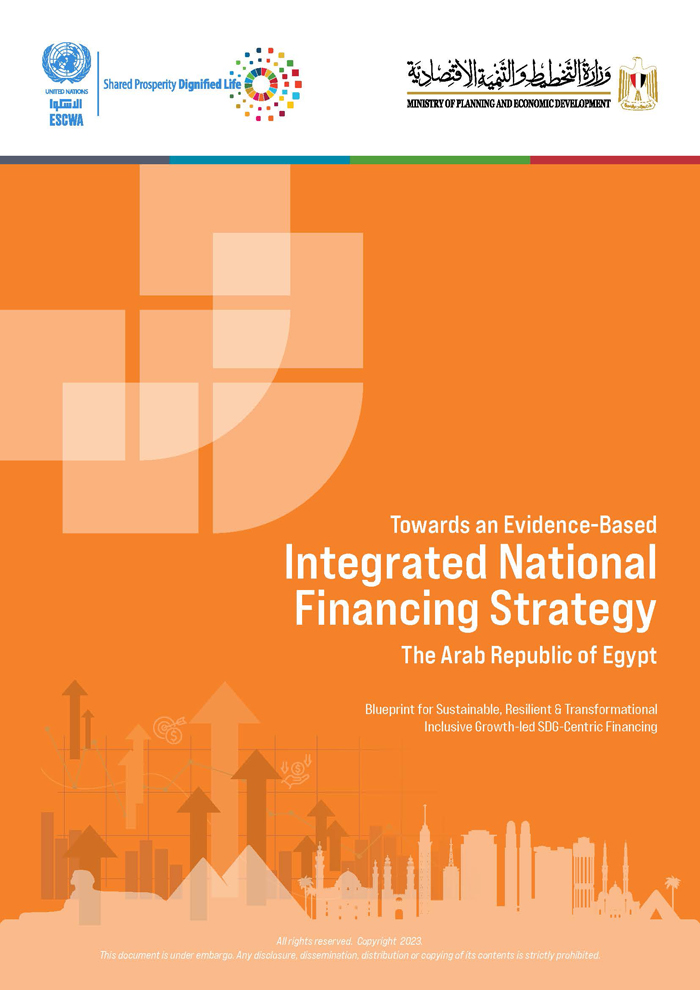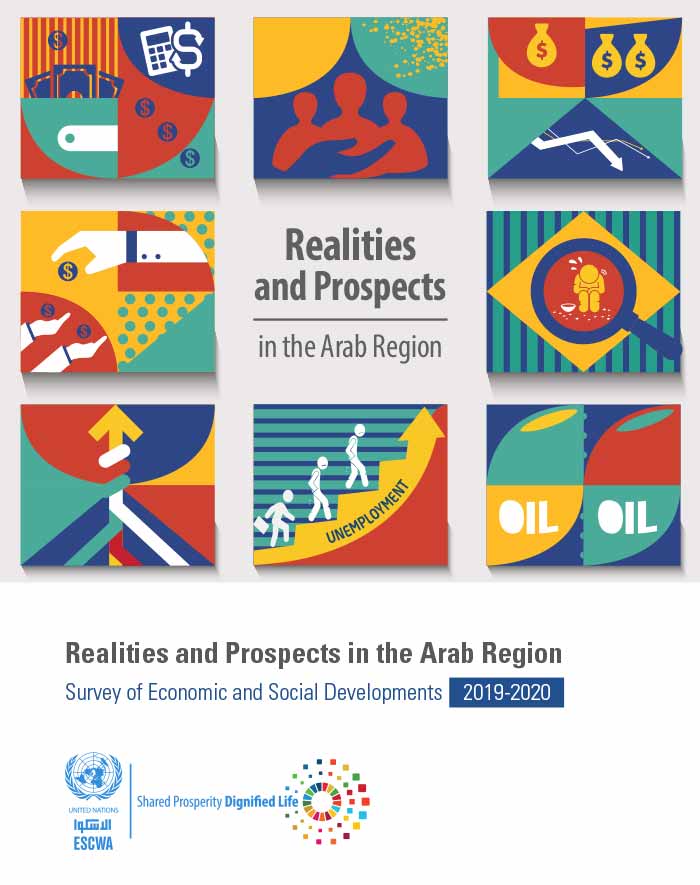
ESCWA Publication: E/ESCWA/CL3.SEP/2020/1
Country: Arab region
Publication Type: Flagship publications
Publication Subject: Survey of Economic and Social Developments in the Arab Region
Cluster: Shared Economic Prosperity
Focus Area: Debt and fiscal policy, Macroeconomics
Initiatives: Debt Optimization to Enhance Fiscal Space, Public finance and inclusive fiscal policy
SDGs: Agenda 2030
Keywords: Arab countries, Macroeconomics, Economic development, International monetary situation, Social development, Economic forecasts, Social conditions
Realities and Prospects: Survey of Economic and Social Developments in the Arab Region 2019-2020
December 2020
Providing an analysis of the global situation in mid-2020, amidst the COVID-19 pandemic, is a difficult task. The outbreak has exerted tremendous pressure on the global economy, the scale of which is still unclear.
Consequently, the present report sets out two scenarios: a moderate one projecting that the crisis will end and the economy will rebound in the last quarter of 2020; and a pessimistic one in which the crisis will persist throughout 2020 and continue in the first quarter of 2021.
The COVID-19 shock began in the context of a global economic slowdown. Tensions between China and the United States persist, and the United Kingdom has negotiated its exit from the European Union. International trade was negatively impacted by fears of protectionist measures, which also affected supply chains, global demand and manufacturing activities, especially in China, Africa and the Middle East. The COVID-19 pandemic resulted in broad lockdowns that exerted extensive pressure on the global economy, which is expected to contract by at least 3.2 per cent in 2020. The 2021 recovery is conditioned on the effectiveness of the stimulus packages enacted by Governments in response to the COVID-19 crisis and the speed of business recovery.
View the related data visualizations.
Related content
Debt and fiscal policy
, Macroeconomics
,
Providing an analysis of the global situation in mid-2020, amidst the COVID-19 pandemic, is a difficult task. The outbreak has exerted tremendous pressure on the global economy, the scale of which is still unclear.
Consequently, the present report sets out two scenarios: a moderate one projecting that the crisis will end and the economy will rebound in the last quarter of 2020; and a pessimistic one in which the crisis will persist throughout 2020 and continue in the first quarter of 2021.
The COVID-19 shock began in the context of a global economic slowdown. Tensions between China and the United States persist, and the United Kingdom has negotiated its exit from the European Union. International trade was negatively impacted by fears of protectionist measures, which also affected supply chains, global demand and manufacturing activities, especially in China, Africa and the Middle East. The COVID-19 pandemic resulted in broad lockdowns that exerted extensive pressure on the global economy, which is expected to contract by at least 3.2 per cent in 2020. The 2021 recovery is conditioned on the effectiveness of the stimulus packages enacted by Governments in response to the COVID-19 crisis and the speed of business recovery.
View the related data visualizations.
